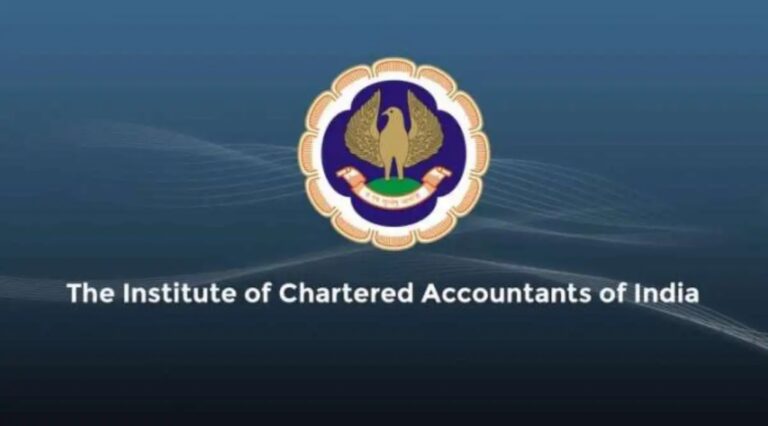The Institute of Chartered Accountants of India (ICAI) is once again set to lock horns with the National Financial Reporting Authority (NFRA) — this time over the contentious revision of Standard on Auditing (SA) 600, which governs how group audits are conducted.
After a bruising disagreement last year, the ICAI is reportedly preparing to submit its own version of the revised SA600 to the Ministry of Corporate Affairs (MCA), hoping to have its recommendations considered alongside NFRA’s proposal. This move, insiders say, could rekindle the regulatory tussle that had previously split the country’s audit community.
⚖️ Background: The SA600 Dispute
SA600 deals with how a group auditor coordinates and relies on the work of component auditors — typically those auditing subsidiaries or divisions of large corporate groups.
Last year, NFRA proposed a globally aligned revision of SA600, which would make the principal (group) auditor fully responsible for the entire group’s financial statements, even when parts of the audit are handled by other firms. The regulator argued this change would tighten accountability and improve audit quality, especially in light of major corporate frauds where group auditors distanced themselves from subsidiary-level irregularities.
However, ICAI strongly opposed the move, calling it impractical and unfair, especially in the Indian context. The institute warned that the new rule could disadvantage small and mid-sized firms, which often handle subsidiary audits, and lead to audit concentration among a few large networks.
🧾 ICAI’s Stand: Protecting Smaller Firms and Contextual Standards
The ICAI contends that NFRA’s version of SA600 was framed with international audit models in mind, overlooking the unique structure of India’s audit ecosystem.
According to the institute:
- Making the principal auditor liable for the entire group audit would be “unfair and unjust”, especially when the holding company’s management also plays a key role in financial oversight.
- Allowing group auditors to evaluate the competence of component auditors could enable large firms to edge out smaller ones, under the pretext of maintaining uniform quality.
- The domestic professional environment, ICAI says, demands context-sensitive standards, not a blind transplantation of global norms.
To bolster its stance, the ICAI has now set up a dedicated study group to prepare a revised version of SA600 and plans to forward it directly to the Corporate Affairs Ministry. The government will then decide which version — ICAI’s or NFRA’s — to notify under Section 143(10) of the Companies Act, which governs the adoption of auditing standards.
🧮 NFRA’s Position: Accountability and Global Alignment
NFRA, for its part, has dismissed fears of audit monopolization, arguing that the revised SA600 would apply only to listed companies, banks, and insurers — roughly 2% of India’s 1.7 million active companies.
The regulator insists that aligning Indian auditing norms with international standards is vital to curbing corporate frauds and restoring investor trust. It cited several cases where group auditors evaded responsibility for misleading consolidated financial statements, underscoring the need for clearer accountability at the top.
NFRA had recommended that the new suite of auditing standards, including the revised SA600, take effect from April 2026, though the government has yet to formally notify them.
⚔️ The Broader Implications
This renewed clash between ICAI and NFRA goes beyond a single standard — it reflects a larger power struggle over who sets the rules for India’s accounting profession.
While NFRA views itself as the guardian of audit quality and global credibility, ICAI emphasizes professional autonomy and inclusivity, warning against frameworks that could weaken smaller domestic firms.
The upcoming months could prove crucial, as the MCA weighs competing drafts of the same auditing standard — one advocating global convergence, the other defending local context.
Whichever way the government leans, the outcome will shape not only how India audits its corporate giants, but also who gets to define the future of the profession itself.
